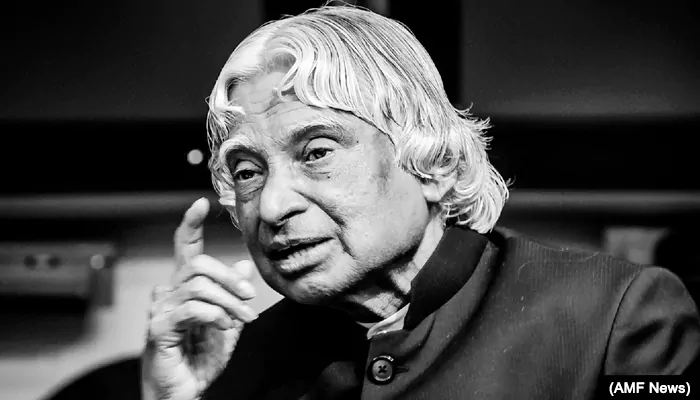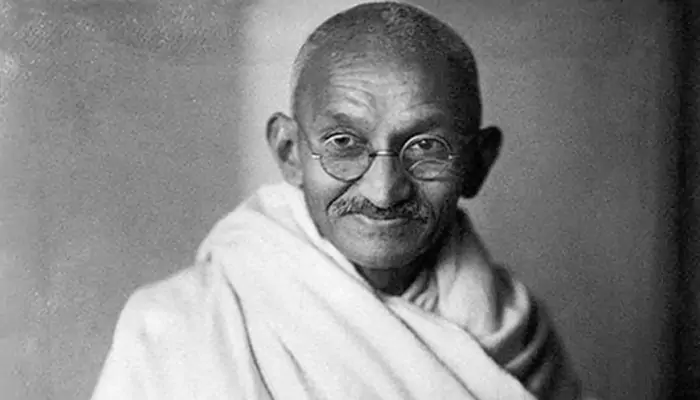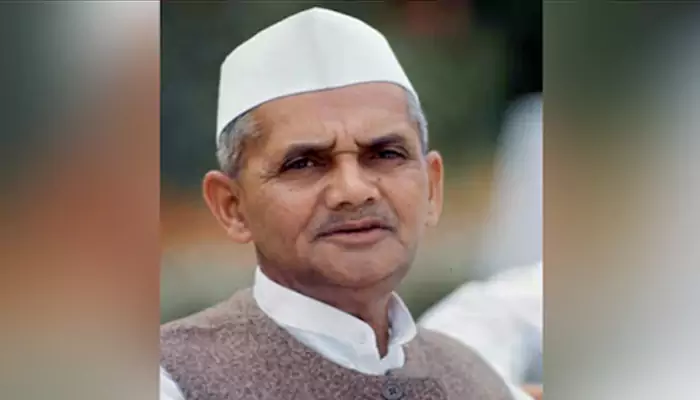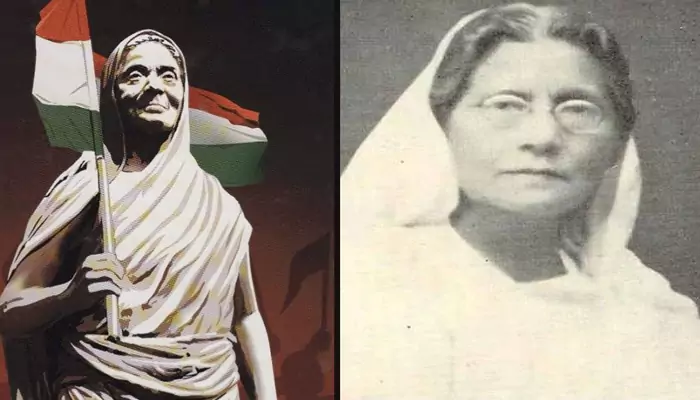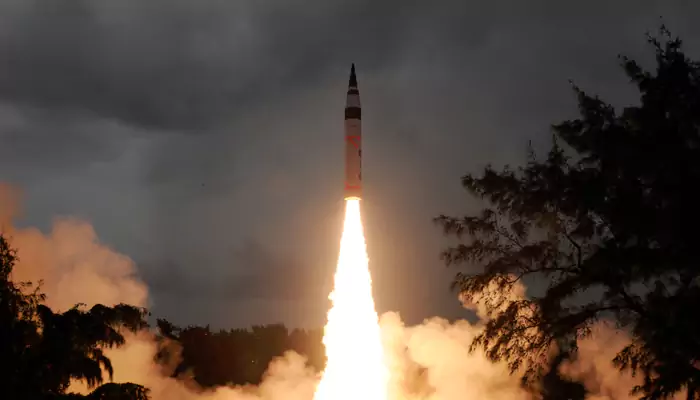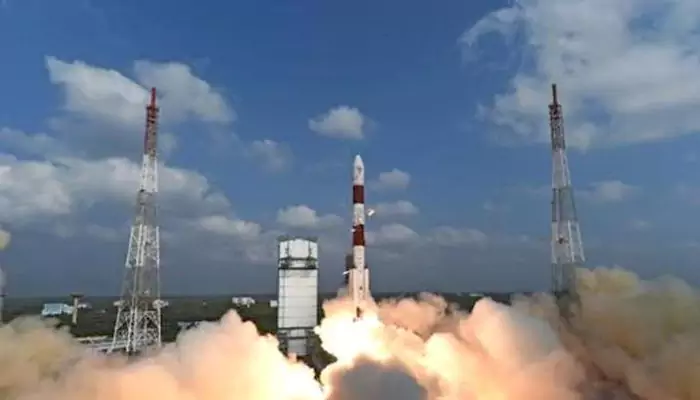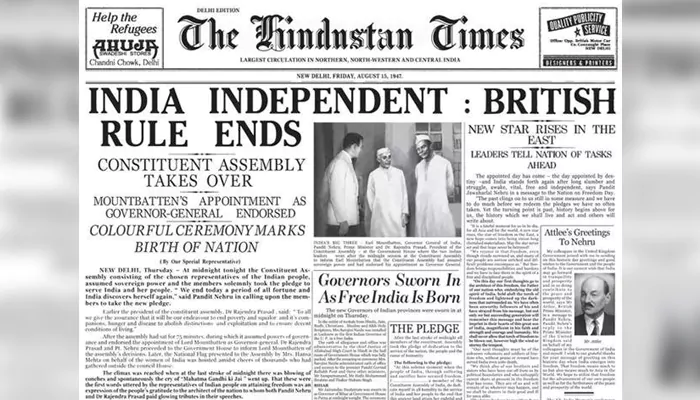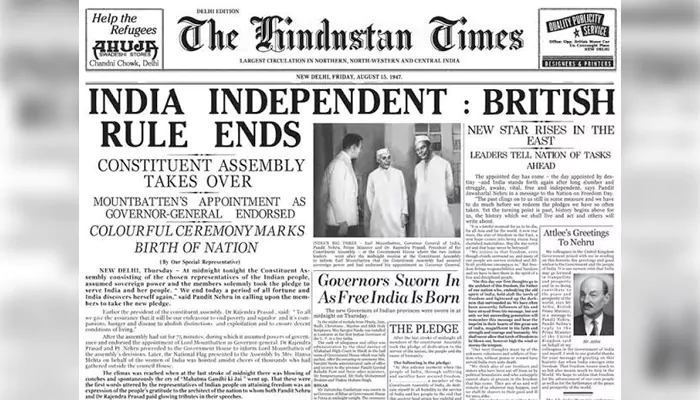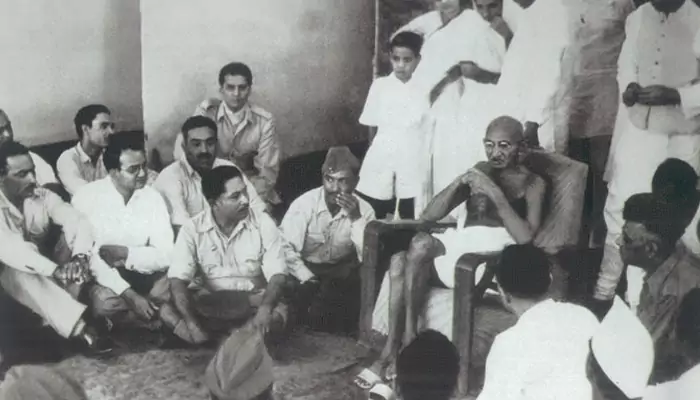Awaiting Union Budget 2024: Know THESE Key Terms To Understand Budget Better
- Admin
- 1 year ago
- 3 minutes read

The Union Budget 2024 comes after the Interim Budget that was presented on February 1 ahead of the Lok Sabha elections.
The countdown has already started, with the anticipation intensifying more and more with each passing day. Well, Finance Minister Nirmala Sitharaman is all set to present the Union Budget 2024 on July 23. Given India is currently one of the fastest-growing economy in the world, the forthcoming budget is expected to introduce several new economic strategies that will help the country flourish significantly. Also, many are expecting it to focus comprehensively on sectors like real estate, infrastructure, healthcare, education, and rural development. And the individual taxpayers are eagerly looking forward to some announcements that could reduce their financial pressure.

"Currently, India spends approximately 2% of its GDP on healthcare, which is significantly lower compared to developed countries that allocate around 10-17%. This disparity underscores the urgent need for enhanced funding and resources in the Indian healthcare sector," said Dhawal Jain, Co-Founder of Mave Health for Healthcare, Technology, in an interview with the Hindustan Times.

Nirmala Sitharaman with Union Minister of State for Finance Pankaj Chaudhary during the 'halwa' ceremony - the final stage for preparation of the Union Budget
Well, it's immensely crucial for every Indian to understand the Union Budget properly. And for that, you certainly need prior knowledge about some key terms that are associated with it. Don't worry, we have got you covered!
Union Budget
First, let's understand what the Union Budget means! In simple words, the Union Budget (also known as the Annual Financial Statement) outlines the estimated revenues and expenditures of the government for the financial year (April 1 - March 31). It's divided into three parts: the consolidated fund, the contingency fund, and the public fund.

Fiscal Deficit
The Fiscal Deficit refers to the difference between the government's total expenditure and total revenue. Precisely, it occurs when the total expenditure of the government exceeds the total revenue that it generates in a fiscal year. The expenditure includes all spending on goods, services, subsidies, etc., while the revenue comprises taxes, fines, and profits from public sector companies.

It's worth noting that Fiscal Deficit should not be confused with debts.
Fiscal Policy
The government uses Fiscal Policy to stimulate economic growth and control inflation. Simply put, it is the adjustments that the government makes regarding expenditure and revenues. It depends on various factors and helps the country monitor its financial state.
Budget Estimates
The Budget Estimates or BE are an important part of the Union Budget. These are the financial resources that all the ministries, departments, and sectors receive during the Budget presentation. It indicates how much funds the government is allocating for development.

Notably, these Budget Estimates are not the final funds and can change when the projects begin.
Economic Survey
The Ministry of Finance presents the Economic Survey every year in the Lok Sabha and the Rajya Sabha before the Union Budget. The document provides a detailed overview of various sectors' performances over the past financial year. There are data and analyses, providing key insights into the state of affairs. Also, it helps the government implement economic policies accordingly.
This budget will be the first of the Modi 3. O government, and Sitharaman's seventh consecutive. Let's gear up to see what it has to offer for us!

